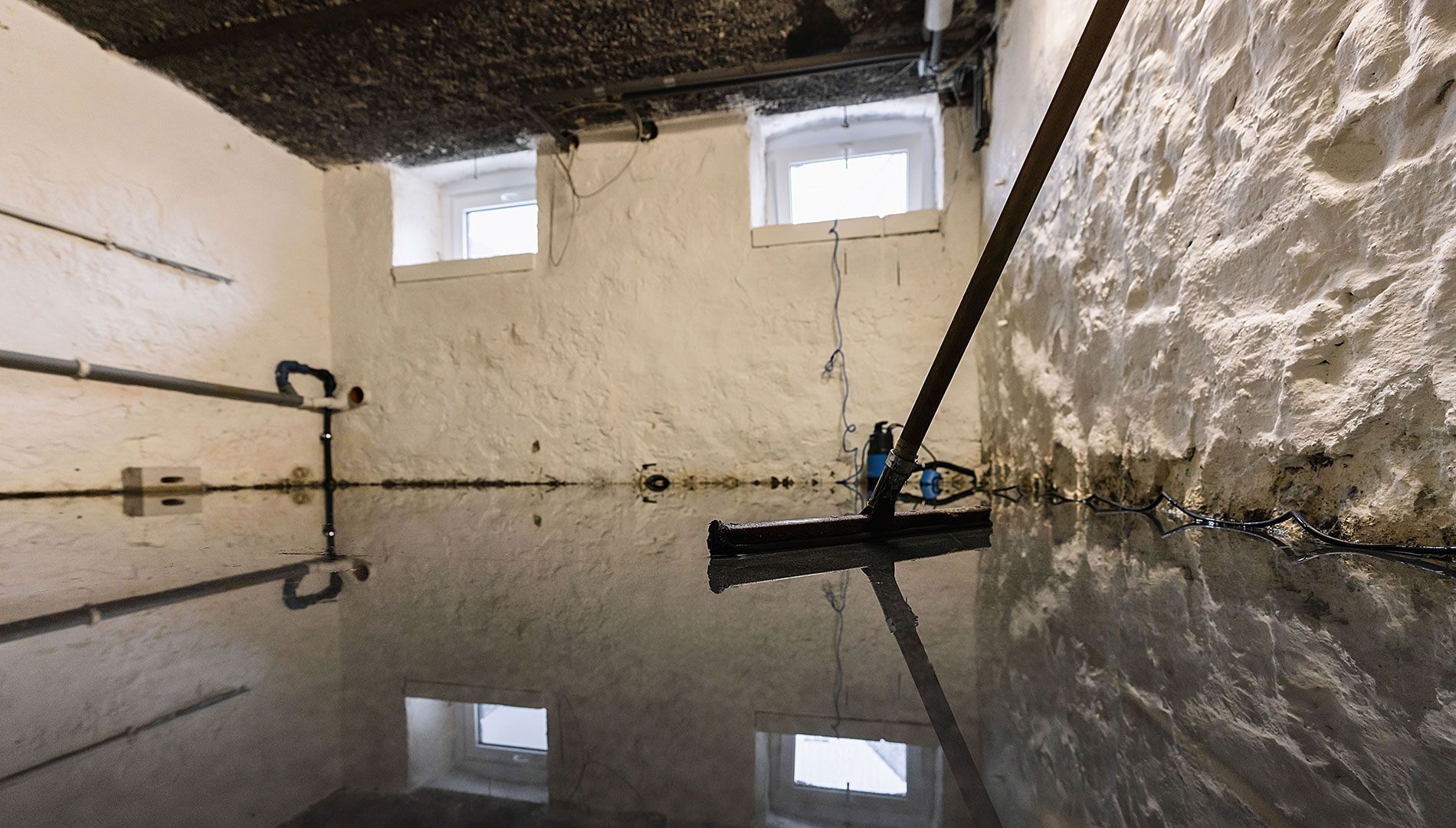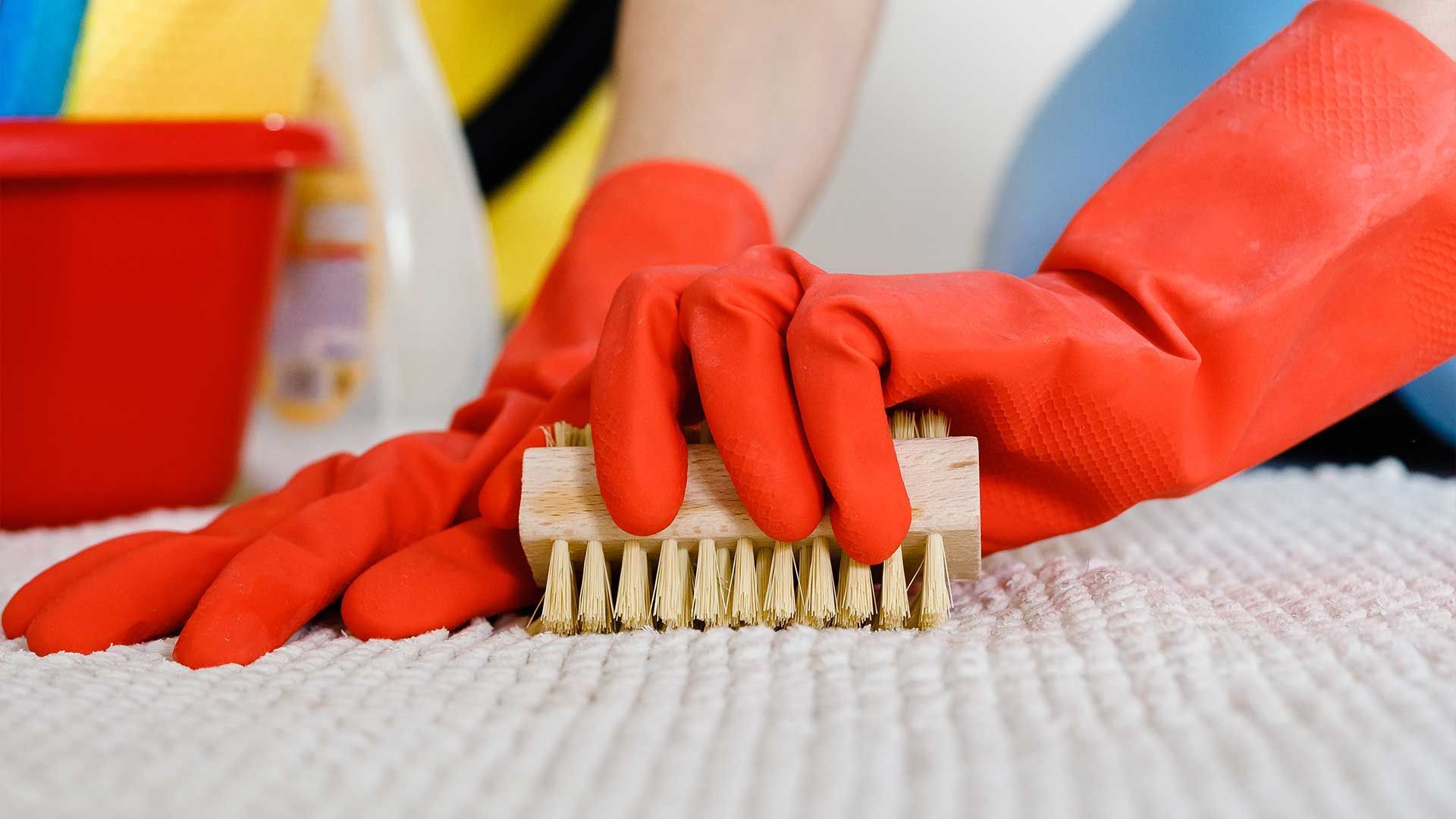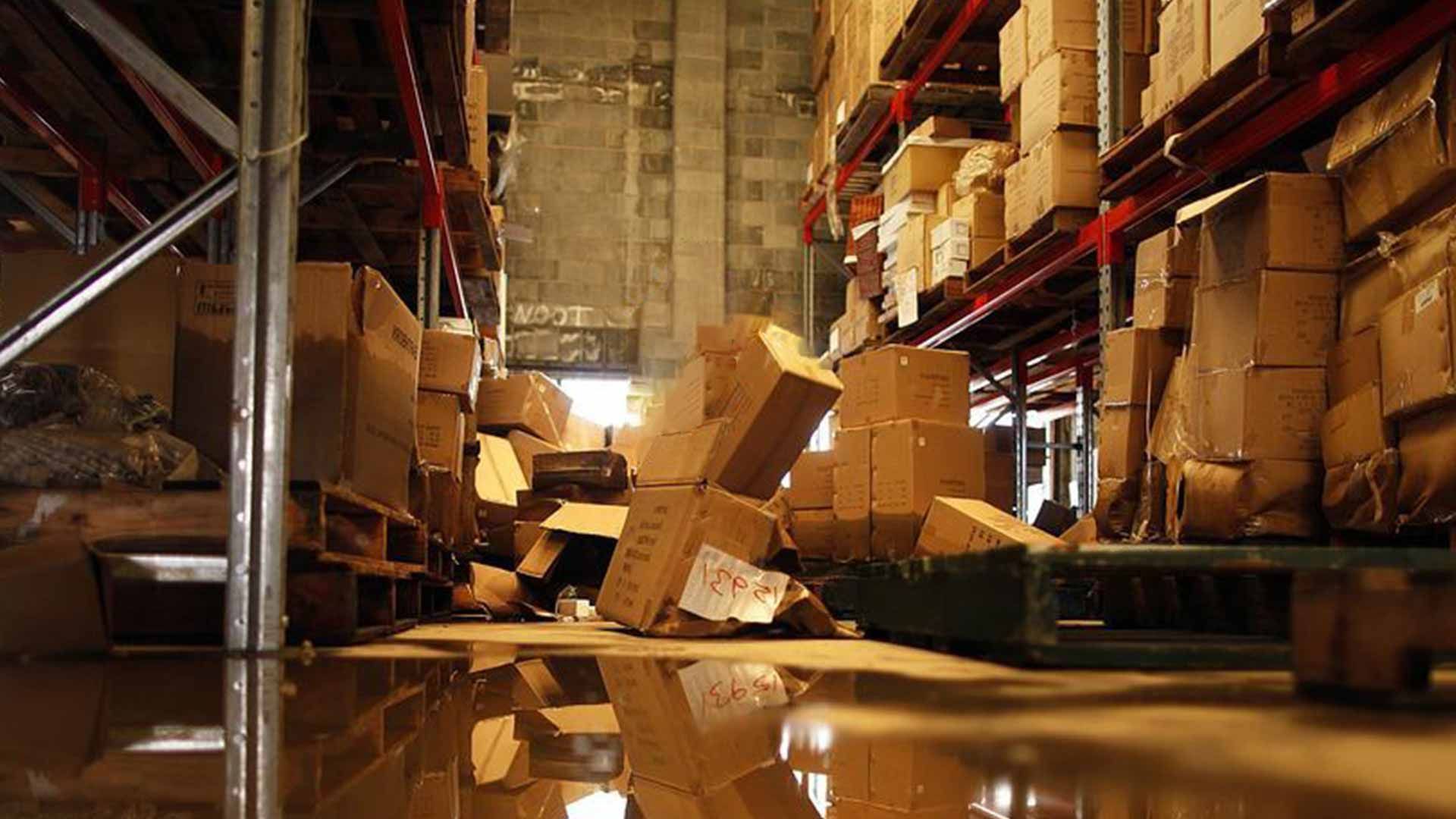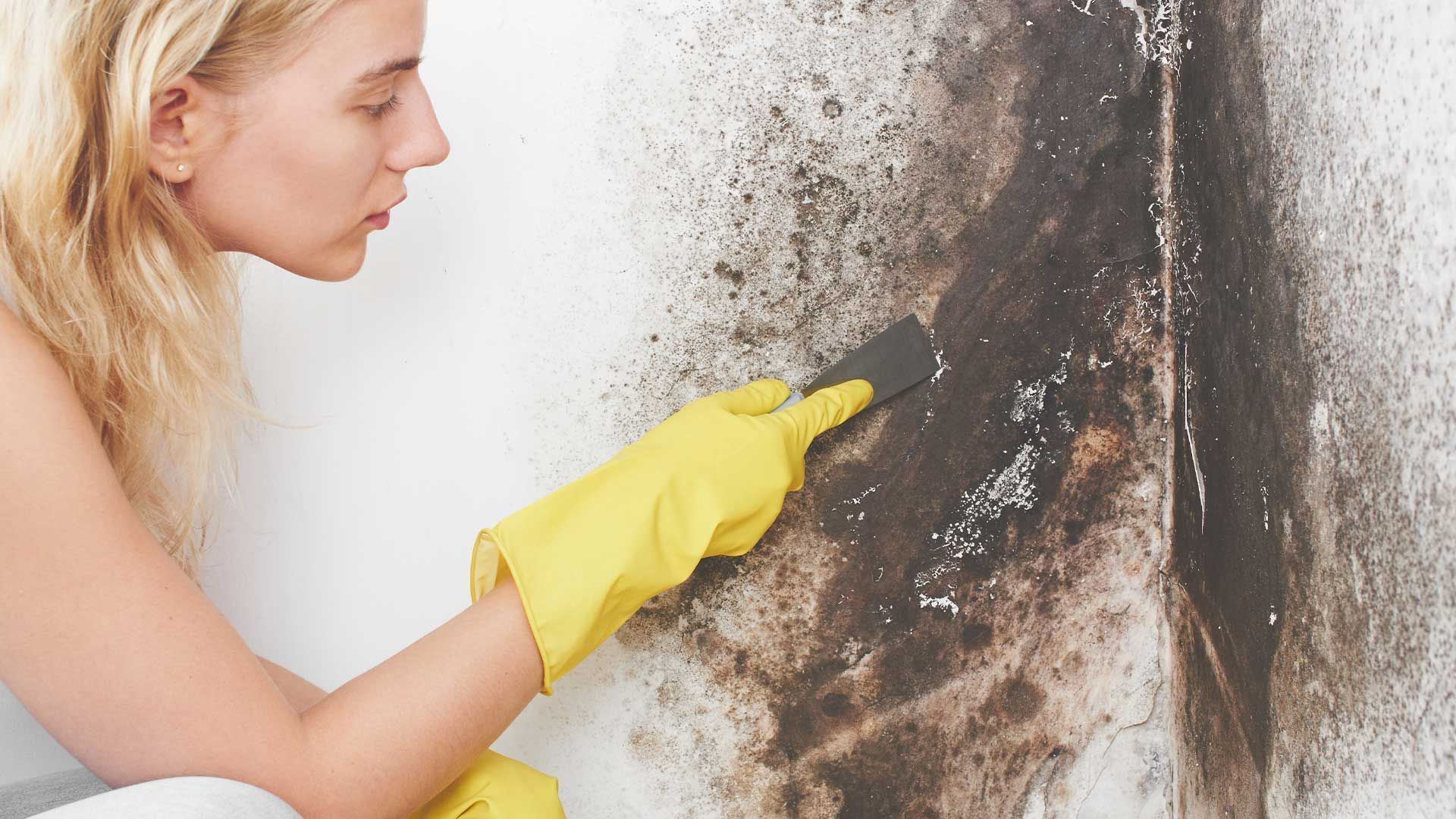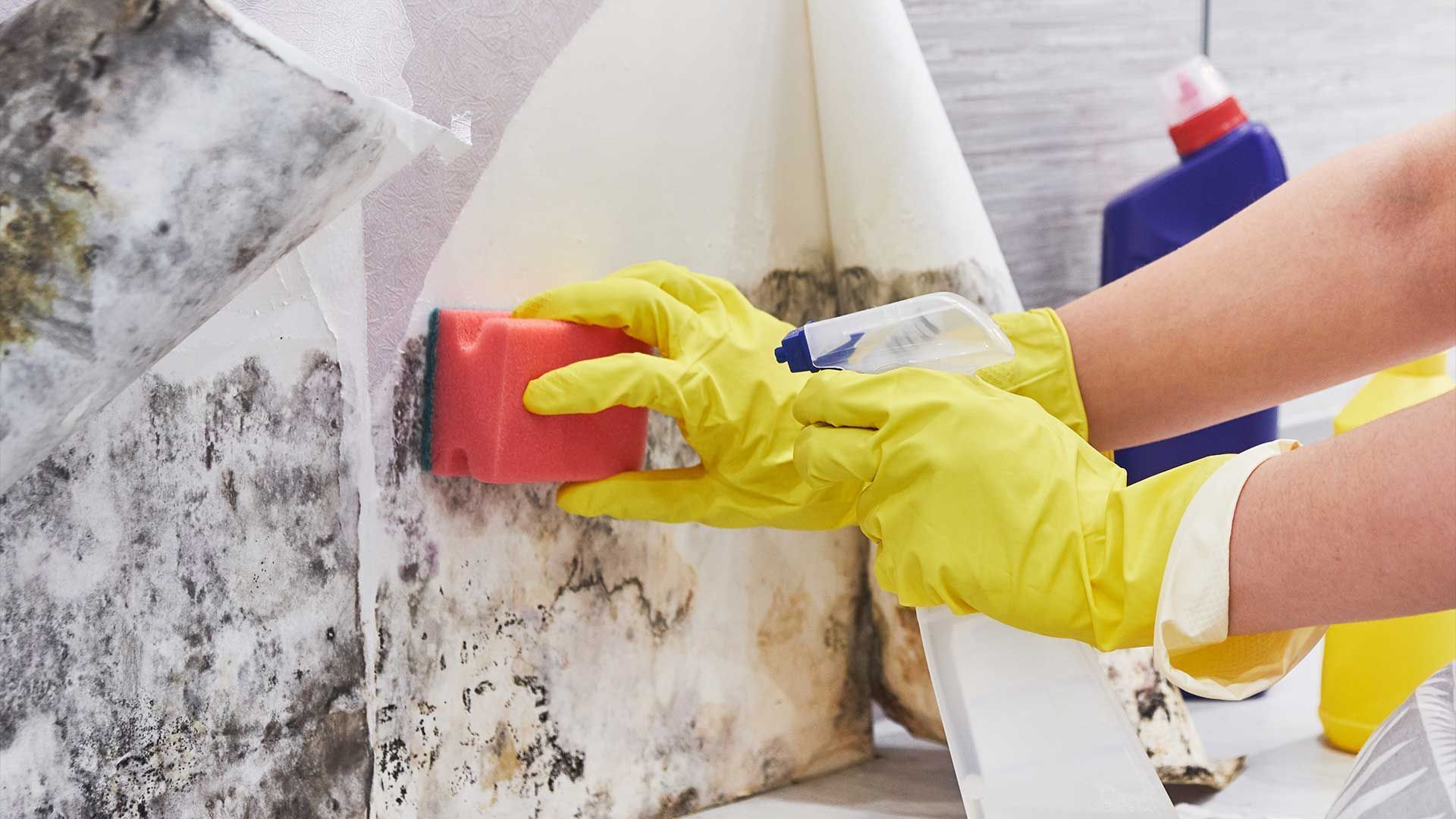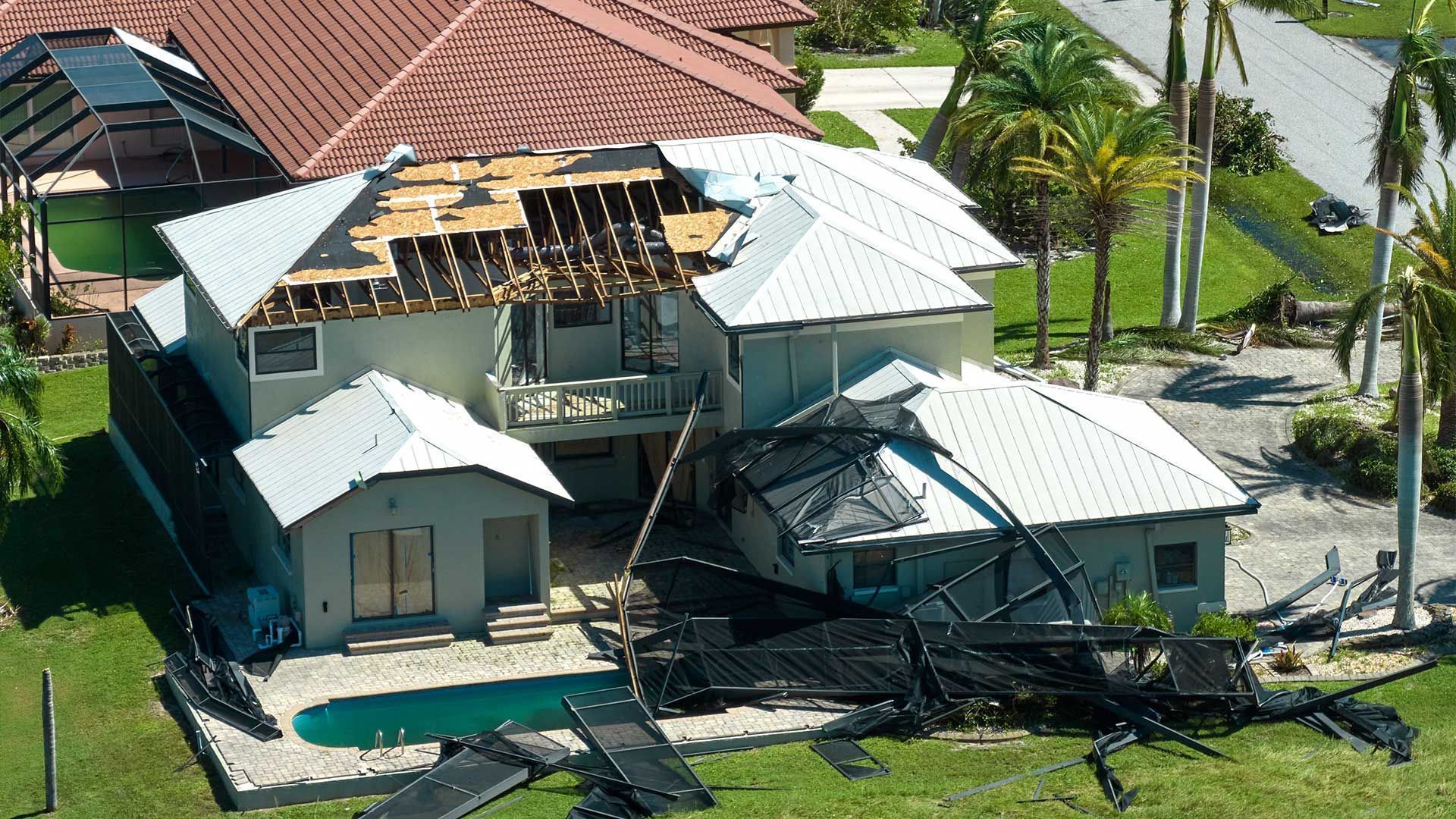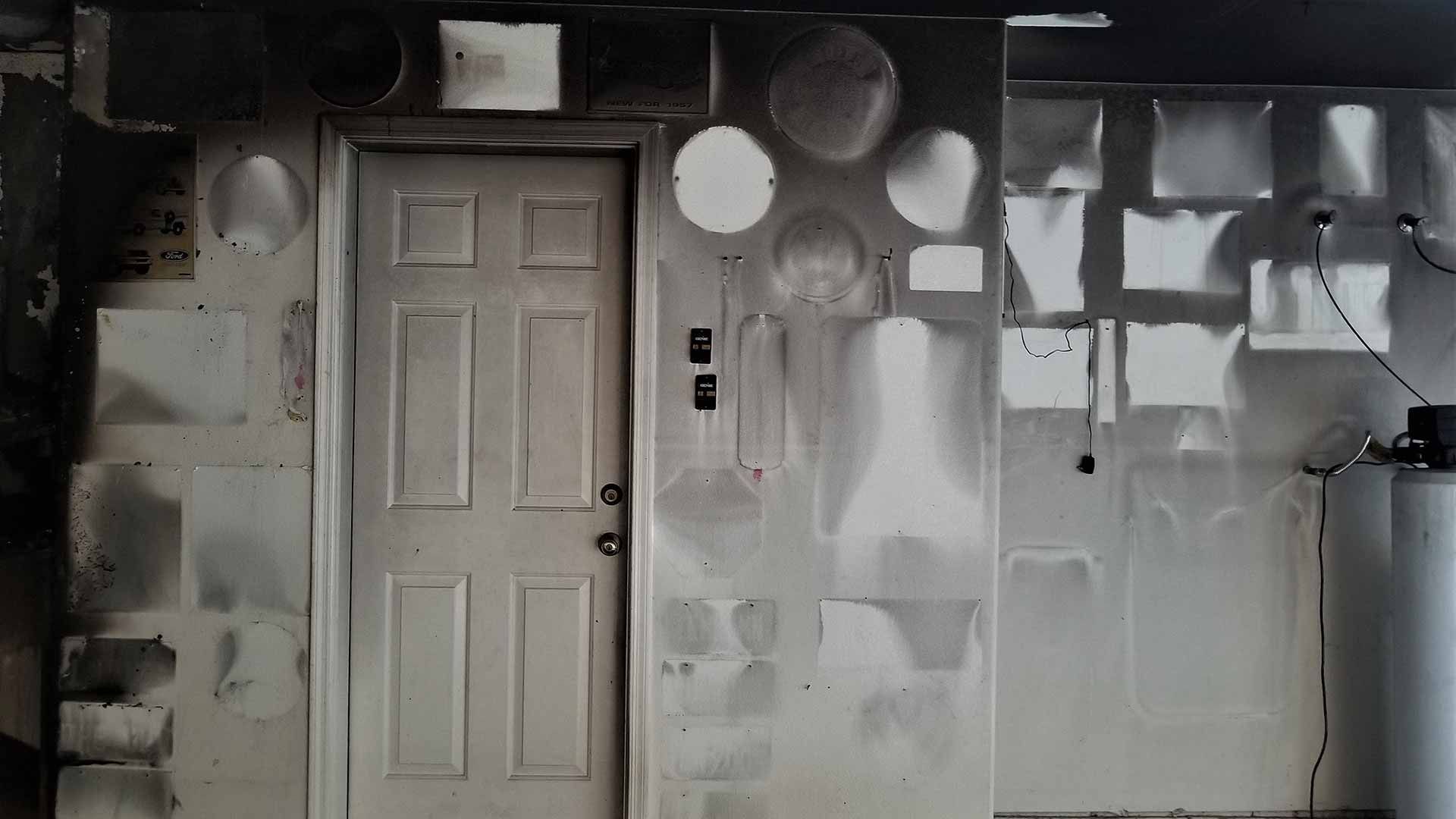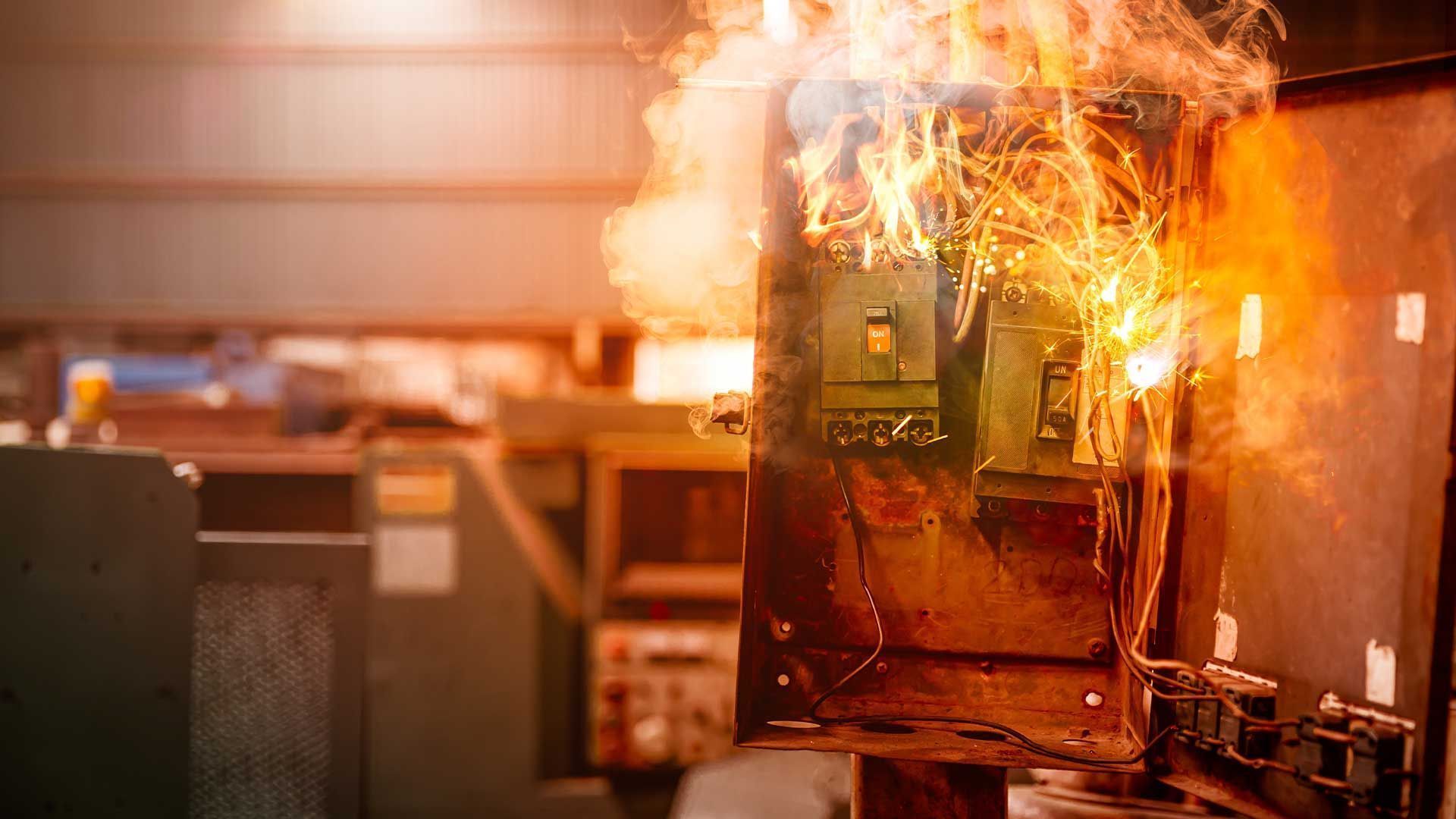Professional vs. DIY Flood Debris Removal: What You Need to Know
Understanding Flood Debris Removal
Flood debris removal is about cleaning up all the stuff that gets left behind after a flood. It's not just picking up trash—it's a lot more. After a flood, you might find broken pieces of furniture, damaged appliances, tree branches, and even mud and sand in your house. All this stuff needs to be taken away so you can start fixing your home.
Flood debris can be tricky because it’s not like regular trash. It can be heavy and sometimes dangerous. There could be sharp objects, broken glass, or even harmful chemicals mixed in. That's why it's important to know how to clean it up safely.
Quickly removing this debris is also key to getting your life back to normal. It helps you see what repairs you need to make in your home. Plus, leaving debris around for too long can be unsafe and unhealthy. It can attract pests like rats and bugs, and it can start to smell bad, too.
So, flood debris removal is a big first step in
fixing your home
after a flood. It’s about making your space safe and ready to live in again. Next, we'll talk about how to decide whether to do this big job yourself or get professional help.
DIY Flood Debris Removal: Pros and Cons
Doing flood debris removal by yourself, which means DIY (Do It Yourself), has some good points and some bad points. Let's talk about them.
Pros:
Saving Money:
The biggest plus of DIY is that it can cost less. You don't have to pay someone else to do the work.
Immediate Action:
Sometimes, you can start cleaning up right away. You don't have to wait for a professional team to come.
Cons:
Safety Risks:
Removing flood debris can be risky. There might be sharp objects, broken electrical items, or even harmful chemicals. If you don't know how to handle these safely, you could get hurt.
Hard Work:
It’s a big job. Flood debris can be heavy and hard to move. If you're not used to this kind of work, it can be really tough.
Not as Thorough:
Professionals know exactly how to clean up after a flood. They have the right tools and know-how. When you do it yourself, you might miss some things or not do it as well.
If you're thinking about
cleaning up the debris
yourself, it’s important to be careful. Wear gloves, sturdy boots, and maybe even a mask, especially if there's a lot of dust or if you're not sure what's in the debris. And remember, it's okay to ask for help if the job is too big or too risky. Next, we'll look at what it's like to have professionals do the flood debris removal for you.
Professional Flood Debris Removal: Pros and Cons
Hiring professionals to do flood debris removal can be a good idea, but it has its pros and cons too.
Pros:
Expertise and Efficiency:
Professional teams know how to handle flood debris safely and efficiently. They have experience and the right tools for the job. This means they can get the work done faster and more thoroughly than you might be able to do on your own.
Safety:
Professionals are trained to deal with all kinds of hazards that can come with flood debris. They know how to avoid getting hurt and can handle dangerous materials properly.
Stress-Free:
When you hire a professional team, you don't have to do the heavy lifting yourself. This can be a big relief, especially during the stressful time after a flood.
Cons:
Cost:
The biggest downside is that professional flood debris removal can be expensive. The cost will depend on how much debris there is and how hard it is to remove.
Waiting Time:
After a big flood, lots of people might need help. This means you might have to wait for a professional team to be available.
So, hiring professionals can make the cleanup safer and easier for you, but it can also cost more. If you decide to go this route, make sure to choose a reputable company. Look for one with good reviews and ask them about their experience with flood cleanup.
Next, we'll talk about the importance of being safe, no matter if you choose DIY or a
professional team for your flood
debris removal.
Safety Considerations
Whether you choose DIY or a professional team for flood debris removal, safety should always be your top priority. Here are some important things to keep in mind:
For DIY:
-
Wear Protective Gear: Always wear gloves, sturdy boots, and protective eyewear. If you're dealing with a lot of dust or unknown substances, a mask can be helpful too. - Be Aware of Hazards: Watch out for sharp objects, unstable structures, and exposed wires. Flood water can weaken structures and hide dangers.
- Know Your Limits: If something feels too heavy or risky, don't try to handle it alone. Some tasks might require special tools or knowledge.
For Professional Teams:
-
Safety Standards: Professional teams have training and equipment for safe debris removal. They know how to handle hazardous materials and avoid risks. - Efficient Cleanup: Professionals can often remove debris more quickly and thoroughly, reducing the time your property is exposed to potential hazards.
General Safety Tips:
-
Stay Informed: Be aware of any local warnings or advice from authorities about flood cleanup. - Hygiene: Wash your hands regularly, especially after handling debris. Flood water can carry bacteria and other harmful substances.
- Mental Health: Remember that dealing with the aftermath of a flood can be stressful. Take breaks and ask for help if you need it.
In the next section, we will discuss the factors you need to consider when making the decision between DIY and hiring professionals for flood debris removal. Remember, safety and your well-being should always come first.
Making the Decision: Factors to Consider
Deciding between DIY and hiring professionals for flood debris removal depends on several factors. Here’s what you should consider:
Scale of Debris:
Look at how much and what type of debris you have. If it's a lot, or if there are large items, professionals might be needed.
Your Skills and Experience:
Think about your own abilities. Do you have experience with this kind of work? Do you know how to stay safe?
Budget:
Consider how much money you can spend on the cleanup. Professionals offer expertise, but they cost more.
Time Constraints:
How quickly do you need the debris removed? Professionals can usually do it faster, but you might have to wait for them to be available.
Safety Risks:
Always think about safety. If there are dangerous materials or if the work is too hard, it's better to get professionals.
Local Regulations:
Some places have rules about how to dispose of flood debris. Make sure you know these rules, whether you're doing it yourself or hiring someone.
In the end, the choice depends on your situation. If the job is small and you feel confident, DIY might work. But if it's a big job or if there are safety concerns, it’s wise to call in professionals.
Conclusion
Flood debris removal is a crucial step in recovering from a flood. It's about making your space safe, clean, and ready to be lived in again. Whether you choose the DIY route or decide to hire professionals, remember to prioritize safety, efficiency, and your personal circumstances in your decision-making process.
If you're leaning towards professional help and looking for reliable, expert service, Morris Restoration LLC
is here to assist you. With their experienced team, state-of-the-art equipment, and commitment to safety, they can make the daunting task of flood debris removal much more manageable. They understand the challenges and are ready to help you restore your property quickly and safely.
For more information or to schedule a service, feel free to reach out to
Morris Restoration LLC
at
(973) 769-4869
. They are dedicated to providing quality service and helping you navigate the aftermath of a flood with as little stress as possible. Remember, you don't have to face this challenge alone; professional help is just a call away.
